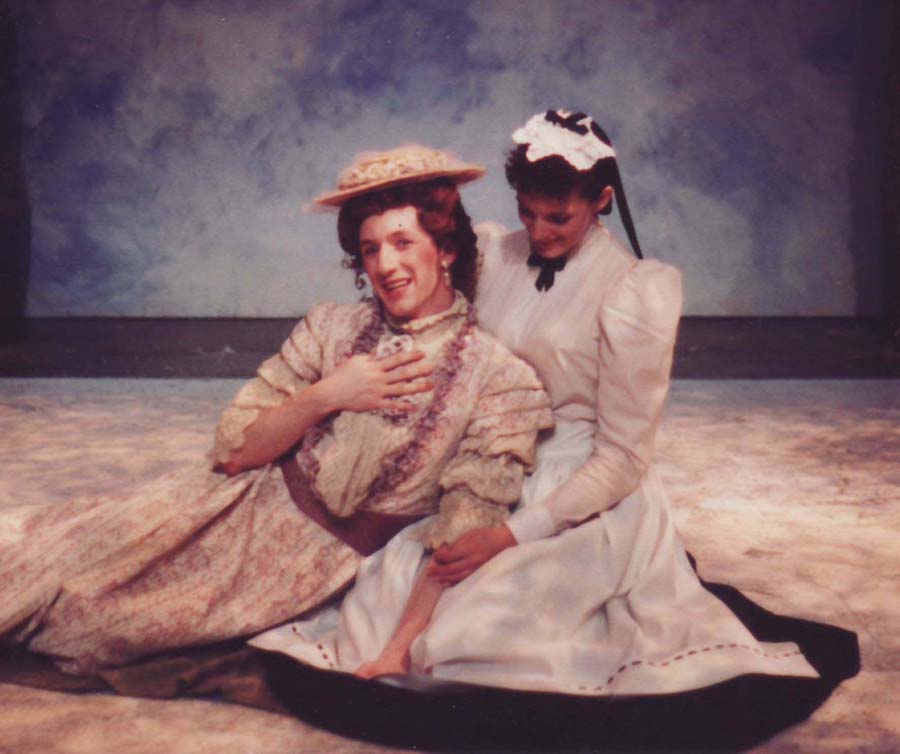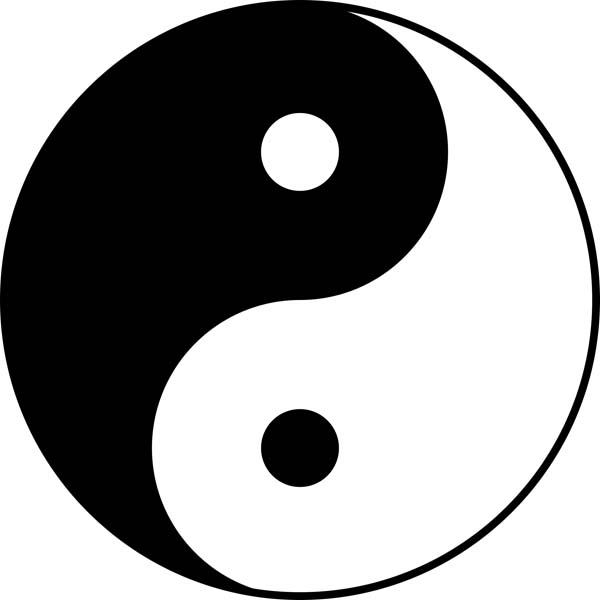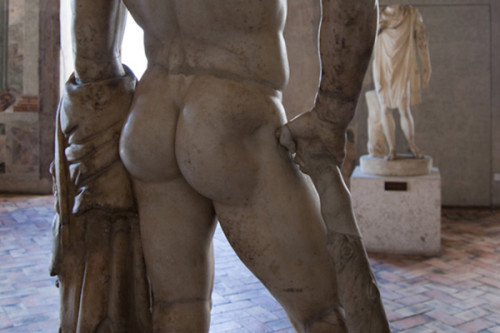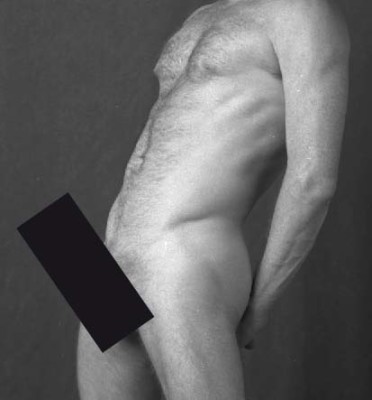MOVING INTO 2014, I notice a theme among my friends’ resolutions: find power in the New Year. “Be on top,” “get my share,” “make the universe my b*tch,” “grab the glory” — all of these are on the docket for the next 365 days. With so much “taking,” “grabbing” and “stomping” going on around me, I have to remind myself that twenty years ago one word, in seeming antithesis to all such swagger, reversed my understanding of power.
In Eastern philosophy, yin and yang represent opposite, interdependent forces. The former is sensitive, soft, intuitive; the latter, aggressive, logical, hard. The duality of yin/yang exists in everything once we take a closer look: light and dark, soft and hard, give and take, feminine and masculine. The paradox is that within each partner of the pair, there is more yin and more yang going on forever like an infinite nesting box. For the world to function, both energies must be given their places – though not a fixed position in a hierarchy which subjugates either. Equal reverence is required. To be aware of yin and yang is to recognize the constant transformation of power dynamics between them. In 1994, I was acting in a production of Caryl Churchill’s Cloud 9 when this paradox shifted my understanding of my own sexuality and, simultaneously, my power.
Cloud 9, performed originally Off-Broadway in 1981, is probably Churchill’s best-loved work. Using a variety of non-naturalistic conventions, the playwright explores themes of paternalism, identity, oppression and the influence of colonialism on the individual. The first half is set in Victorian Africa, the second in contemporary London, with actors taking different roles in each act, sometimes gender or race-reversed. Betty, the society wife who finds herself at her husband’s side in the African colony, is played by a man. Her gay son, Edward, who identifies with women more than men, is played by a woman. His sister, Victoria, is quite literally a doll tossed hither and thither throughout the act. The African servant, Joshua, is played by a white actor (not in blackface) to exemplify his rejection of his cultural background. The second act takes place 100 years later but the characters age only 25 years; Betty, Edward, and Victoria are played by actors of appropriate sex, age and, well, humanity.
I played Betty in act one (and Edward’s male lover in the second half.) My epiphany happened when the production brought in the keen-eyed Elizabeth Ingram, herself a marvelous actress, as a “Style Consultant.” With so much period detail in act one, the production required someone to teach the women in the play (and me) to use our period costumes and props. Also, since Lizzie’s parents had been raised in British colonial India, she had insight into life in The Empire.

The author as Betty with Julia Murney as Ellen in Cloud 9, 1994, Perry Street Theatre. (photo: author’s private collection)
Several days into rehearsal, Lizzie took me aside. I was having enormous trouble with Betty. Given the farcical elements of Churchill’s first act, I wanted to be both truthful and comical but, without reaching Betty’s vulnerability, my portrayal was superficial and therefore unfunny. One of Churchill’s themes is the illusion of the feminine ideal; it is, as stated in the play, a male construct. In a play about identity and sexual politics, a substantial amount of self-exploration is required and I wasn’t getting beneath the surface. So Lizzie asked me: “What do you do with a man?”
As a man who identifies as gay (despite being somewhere more toward the middle of the Kinsey scale), I wasn’t sure if she was asking me about my own sexuality or the character’s.
Lizzie clarified, “I mean Betty. What does she do with Clive [her husband]?”
Now I was really confused. “Do you mean sexually?”
Yes. This is a play about sexual politics after all. But I guess I was being dense—denying that I understood. I wasn’t honestly sure what answer she was looking for. Was it me or the character? Eventually we got to it: mechanics. How does the sex work?
I replied, full of self-confidence, “Oh, well, I take the man!”
Lizzie had isolated the problem and she smiled through the wisdom and generosity of her experience. She wanted me to understand.
“No, Tom,” she said, “you accept the man.”
That’s when the sun crept over my brain and I could finally see the landscape. I had always thought myself open to, shall we say, exploration but the word “accept” was new. Lizzie’s small correction pinpointed the vast weakness of a purview which dictates “taking,” “getting,” and “asserting” as more favorable than “accepting,” “allowing,” and “waiting.”
In a patriarchal society, the emphasis on yang power throws us out of balance. In the gay community, that translates into a lot of focus on masculinity; masculinity is “good” but anything else is “not desirable.” In sex, that means being the “top” (the insertive partner) is given status over being the bottom (the receptive partner). Tops and bottoms, masculine versus feminine, str8-acting versus whatever is its opposite – these internal battles denigrate both gay and straight relationships.
It’s also misogynistic. What does it say about women in the world if the receptive partner is always dismissed as “less than?” Does “yin” energy only exist to fortify the “yang?”
Equally, referring to the receptive partner as “passive” doesn’t factor in the conscious decision that that act requires. Being penetrated doesn’t mean lying back and thinking of England. If you’re doing that, there’s something wrong.
Men have been taught that being penetrated means being weak. Nothing is so terrifying to those obsessed with their dominance. What men don’t learn is that, top or bottom, male or female, penetration is an act of mutual engagement; allowing another person into one’s body is the power of the yin energy. On the other cheek, women bear patriarchal prejudices too. They are taught that the male who is willing to be penetrated is somehow less of a man rather than powerfully vulnerable. Yes, I know, not all women, but some latch on to the same stereotypes when it comes to joining giblets. And not all men are afraid of getting their camera obscura clapped.
I’ve heard the cliché that says the “bottom has all the power,” but that’s as fallacious as its opposite, and the saying discounts the equalization of power that happens in good sex (including S&M, B&D, role play and other kinds of kink.) Choosing a role is an act of strength, just like the acceptance of what pleases us.
Before Cloud 9, I had what I believed to be a solid understanding of my desires. I could top or bottom as the need *ahem* arose. After Cloud 9, my understanding of the connection between the flesh and the fancy was awakened. Sexual physiology is bound to psychology.
Since that epiphany, I’ve held a theory I occasionally put out (pun intended): everyone needs to get f*cked. That doesn’t mean hetero guys should go out and seek male partners —there are plenty of other ways to be penetrated and ladies can tell you where to get good toys…
To make 2014 your prisoner, spend more time on the bottom. There is strength, satisfaction, vulnerability and power in acceptance. Getting more yin/yang in the ying-yang could change your perspective. Plus, there’s so much pleasure in the end (pun intended), you’ll find yourself on cloud 9.






GREAT food for thought. I never looked at sexuality in that way before. “Accepting” your partner(s). The fact that things cannot be seen as black and white is what makes sexuality in general so complex and fascinating. This article really makes me question the double standard of sexuality. A woman is the receiver yet the viewpoint if a male being the receiver and hence a lesser man….an entity of lesser power….faulty. Thank you :-)